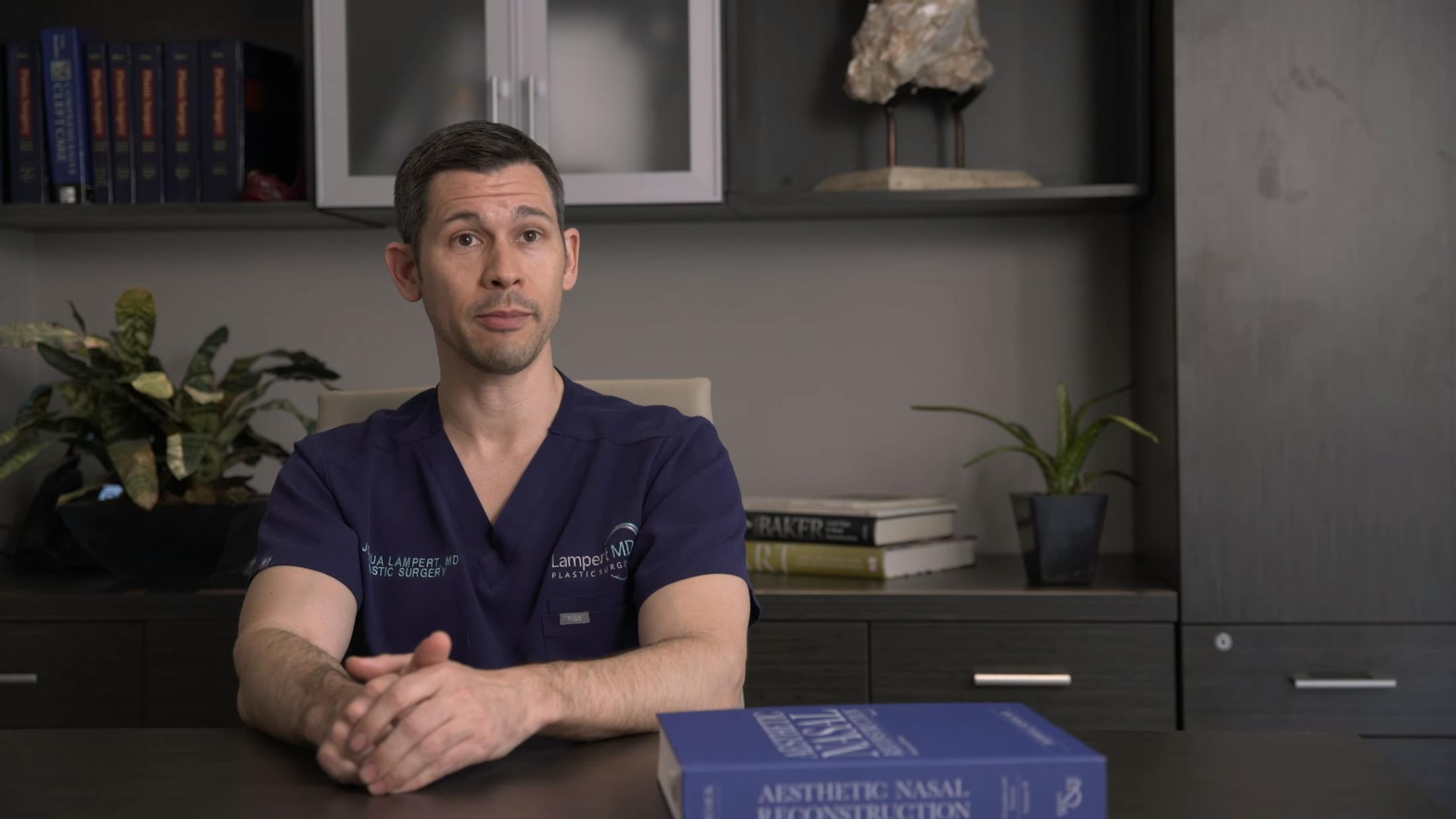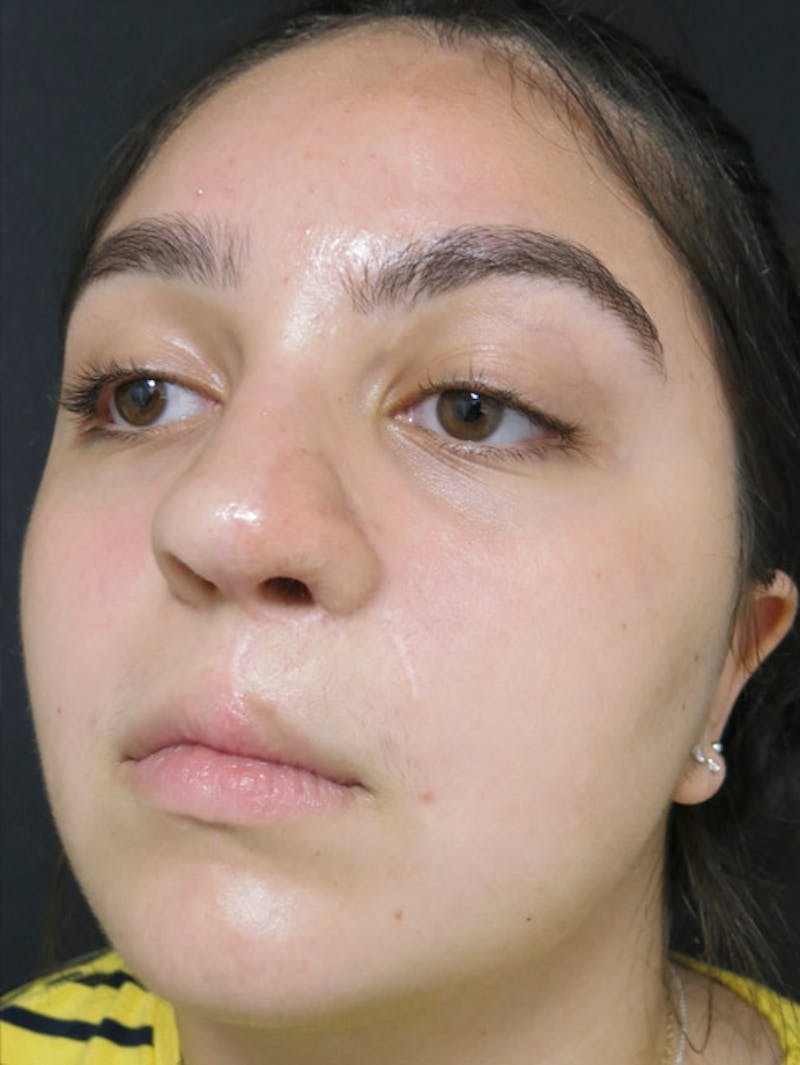After Trauma -- Miami Plastic Surgeon Dr. Joshua Lampert
Dr. Lampert’s Approach
Dr. Lampert understands the emotional toll that the need for reconstructive surgery can take on the patient. He provides a client experience that is warm, caring, and compassionate, treating each individual with the same kindness and delicacy as he would his own family members or loved ones.
Safety is an issue of utmost importance for Dr. Lampert. His state-of-the-art ambulatory surgical facility is Federally Certified by the Florida Agency for Health Care Administration (AHCA), the same agency that licenses all of the best hospitals in Florida. There are only two such ASCs in Broward County, making Dr. Lampert’s Miami Surgery, LLC one of only five other Plastic Surgery Ambulatory Surgery Centers to meet these criteria within the two largest counties in Florida. Patients know they can count on Dr. Lampert to exceed their expectations for care every time they visit his office.










